On the morning of November 17, continuing the 10th Session, the National Assembly listened to the Presentation and Report on the review of the National Assembly's draft Resolution on a number of specific and outstanding mechanisms and policies to make breakthroughs in education and training development.
Ensuring equity in access to education
The draft Resolution of the National Assembly on a number of specific and outstanding mechanisms and policies to make breakthroughs in education and training development was presented by Minister of Justice Nguyen Hai Ninh and stated that the draft Resolution has fully institutionalized the Party's policies in the spirit of Resolution No. 71 - NQ/TW on breakthroughs in education and training development.

At the same time, it stipulates issues that are not yet regulated by law. Specifically, mechanisms for digital transformation, science, technology and innovation in education; mechanisms for international cooperation and integration in education; preferential and superior policies on land, taxes and resources for education.
Supplementing the free textbooks for students of general education institutions (completed by 2030) and exempting tuition fees and curriculum for National Defense and Security Education at universities and vocational education institutions. At the same time, assign the Government to prescribe a roadmap, ensuring compliance with the ability to balance the state budget, relevant laws and requirements to ensure fairness in access to education.
The Draft Resolution also stipulates the unification of programs, textbooks and training models, regulations on innovation of specialized schools and gifted schools, overcoming differences in quality and enrollment structure; establishing a National Vocational Skills Council to unify with the new policy of the 2025 Employment Law;

Have specific policies in the fields of culture, arts, sports, and health; establish a new financial mechanism, ensure a stable budget, prioritize the implementation of compulsory education until the end of lower secondary school by 2030 and strive to universalize upper secondary education and equivalent by 2035;
Prioritize ordering and assigning tasks to key sectors and fields and order training for teachers and lecturers of higher education and vocational education from the state budget; ensure funding for cultural, social, sports, national defense - security and foreign language education activities to serve international integration...
Transparency and fairness in recruitment, mobilization and transfer of educational personnel
According to the Report on the review of the National Assembly's draft Resolution on a number of specific and outstanding mechanisms and policies to make breakthroughs in education and training development, presented by Chairman of the Committee on Culture and Social Affairs Nguyen Dac Vinh, the Committee agrees with the necessity, purpose, and viewpoints of developing the draft Resolution.

The issuance of the Resolution has a full political, legal and practical basis to create a superior legal framework, mechanism and policy, helping to remove bottlenecks and obstacles, creating momentum for breakthrough development in education and training.
Regarding specific policies, the Committee on Culture and Society basically agrees with the policy on cooperation in developing educational programs. However, it is recommended to clarify the regulation that localities with conditions will implement free textbooks from the 2026-2027 school year, to avoid misunderstanding that priority is given to providing free textbooks first to students in localities with conditions instead of giving priority to students in disadvantaged areas; consider regulating the State mechanism to encourage the attraction of resources from society and localities with conditions to support disadvantaged localities to implement this policy...
The Committee basically agrees with many mechanisms and policies stipulated in Article 2 on human resource development for the education sector and notes some contents such as the specific policy on preferential vocational allowances with a minimum level of 70% for teachers, 30% for staff...; providing free textbooks, free tuition, curriculum for National Defense and Security Education...; investing in digital infrastructure, and shared platforms, interconnection; credit support policies, granting scholarships for doctoral training...
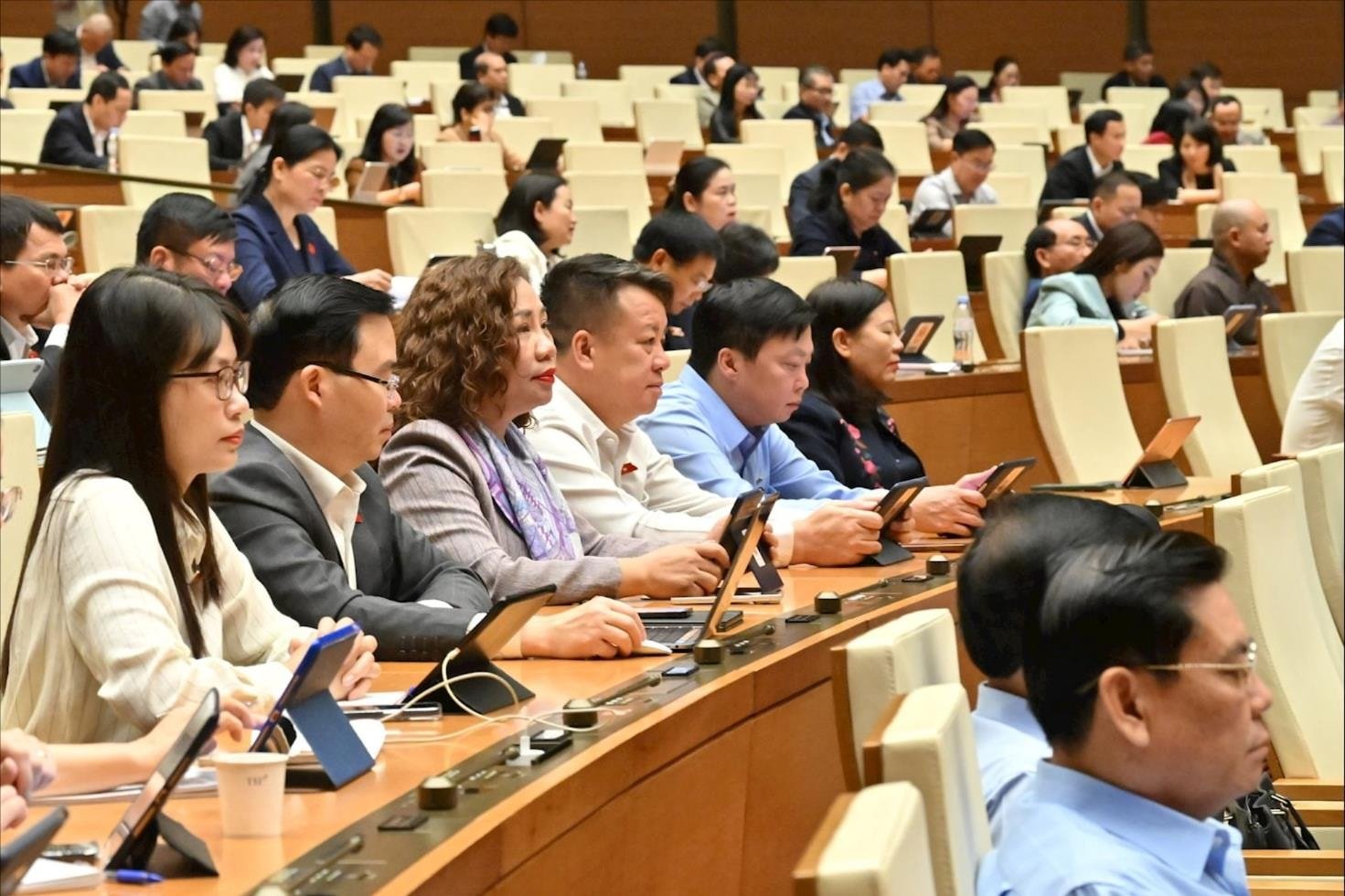
Point a, Clause 1, Article 2, regulations on the authority of the Director of the Department of Education and Training in mobilizing, transferring, seconding, arranging, assigning, and changing job positions for teachers, educational institution managers, and staff in public educational institutions related to the scope of 2 or more commune-level administrative units are not strict.
The Chairman of the Committee for Culture and Society said that the above regulation can be understood as "2 communes" in the same province or belonging to 2 provinces; and the Director of the Department of Education and Training of a province cannot exercise this authority over educational personnel of a locality belonging to another province.
Therefore, it is recommended to consider adjusting and clearly regulating the direction between commune-level administrative units in the same province. At the same time, it is recommended to consider specifying the monitoring, inspection and periodic reporting mechanism to ensure transparency and fairness in recruitment, mobilization and transfer of educational personnel, avoiding the risk of negativity and locality; Continue to research and regulate decentralization and authorization for public educational institutions in the province that meet the conditions and capacity to implement according to regulations to recruit and receive educational personnel.
Source: https://daibieunhandan.vn/tao-da-phat-trien-dot-pha-giao-duc-va-dao-tao-10395904.html






![[Photo] General Secretary To Lam and National Assembly Chairman Tran Thanh Man attend the 80th Anniversary of the Traditional Day of the Vietnamese Inspection Sector](https://vphoto.vietnam.vn/thumb/1200x675/vietnam/resource/IMAGE/2025/11/17/1763356362984_a2-bnd-7940-3561-jpg.webp)

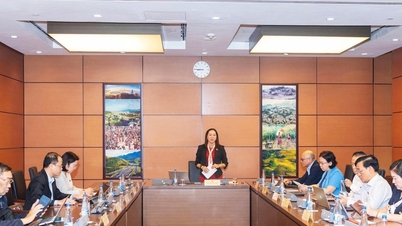
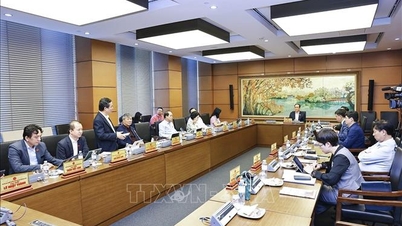



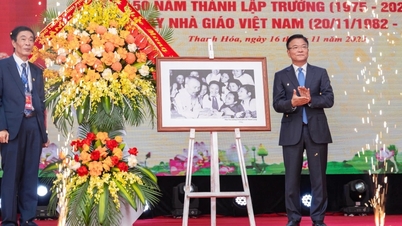

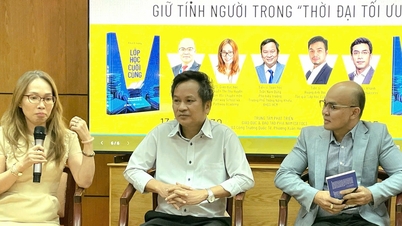

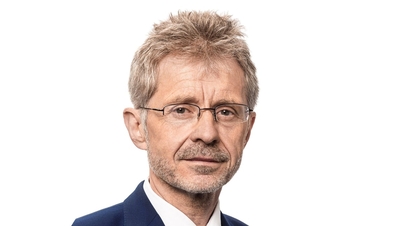
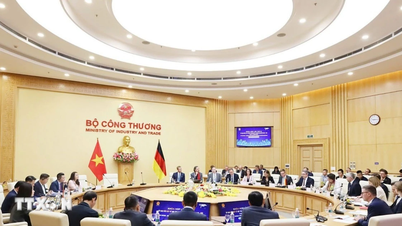

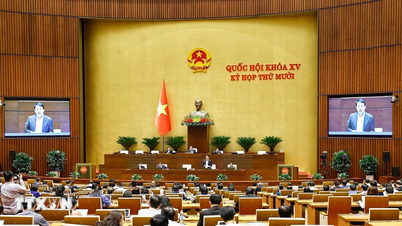


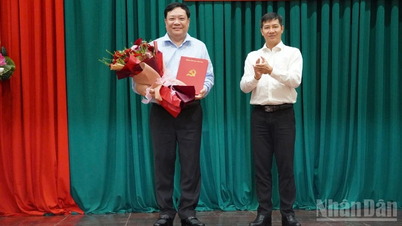

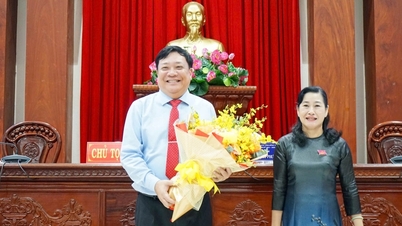




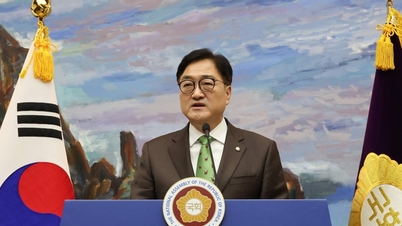
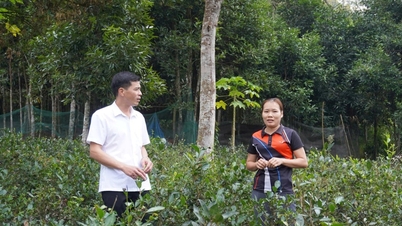
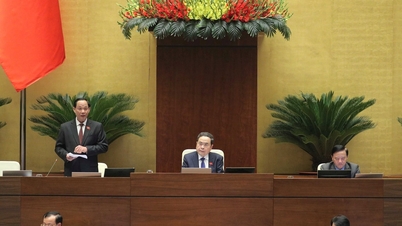
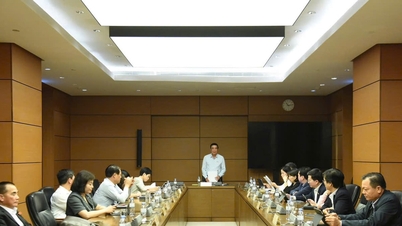
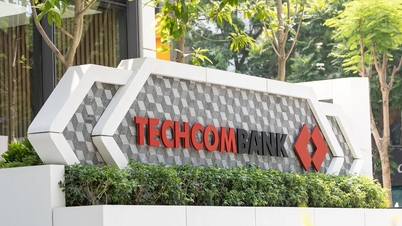



















































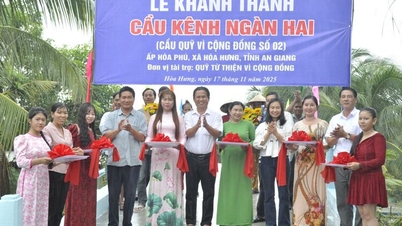
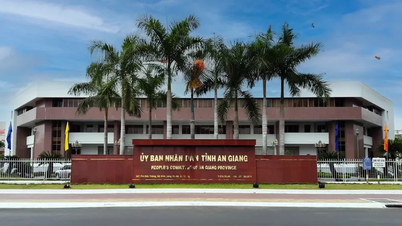
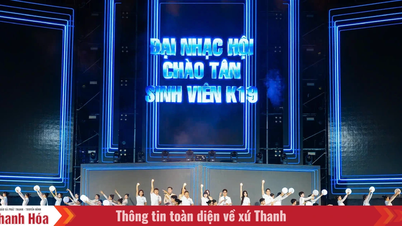

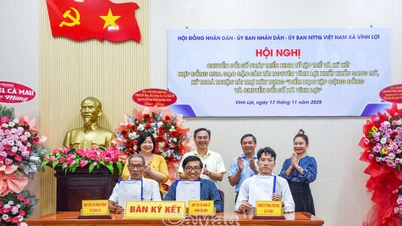












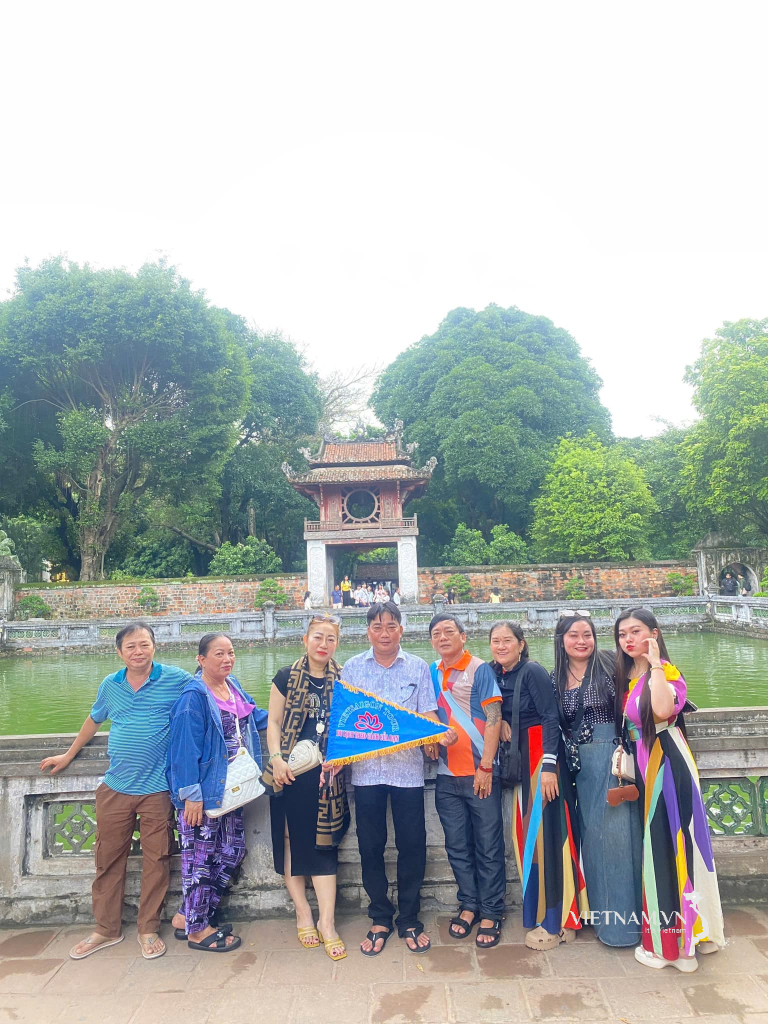
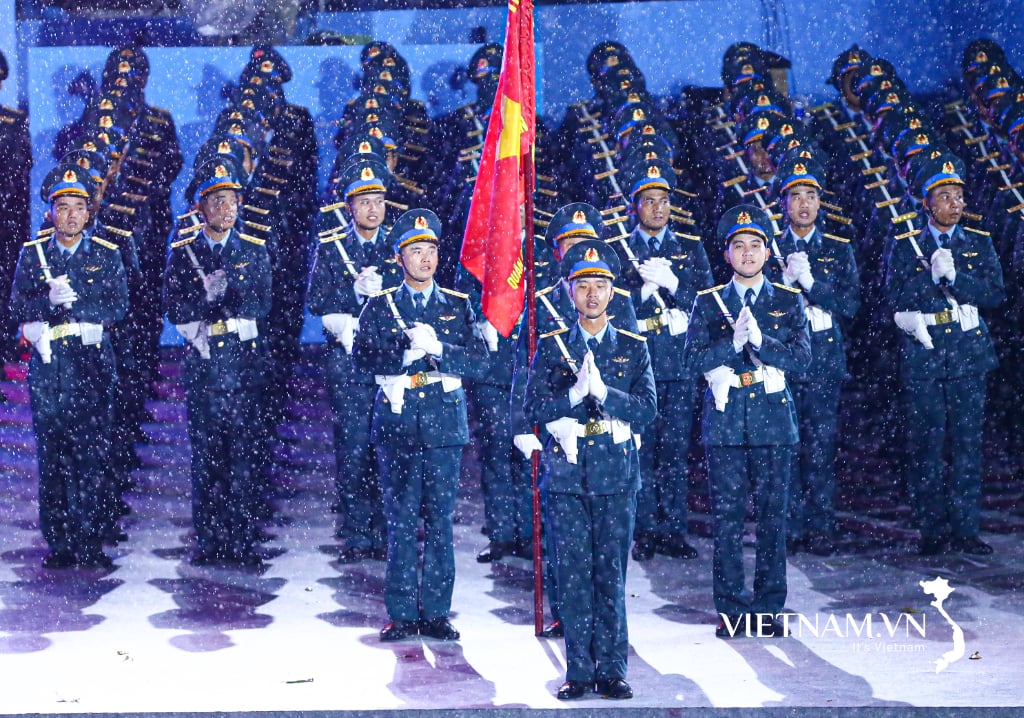

Comment (0)